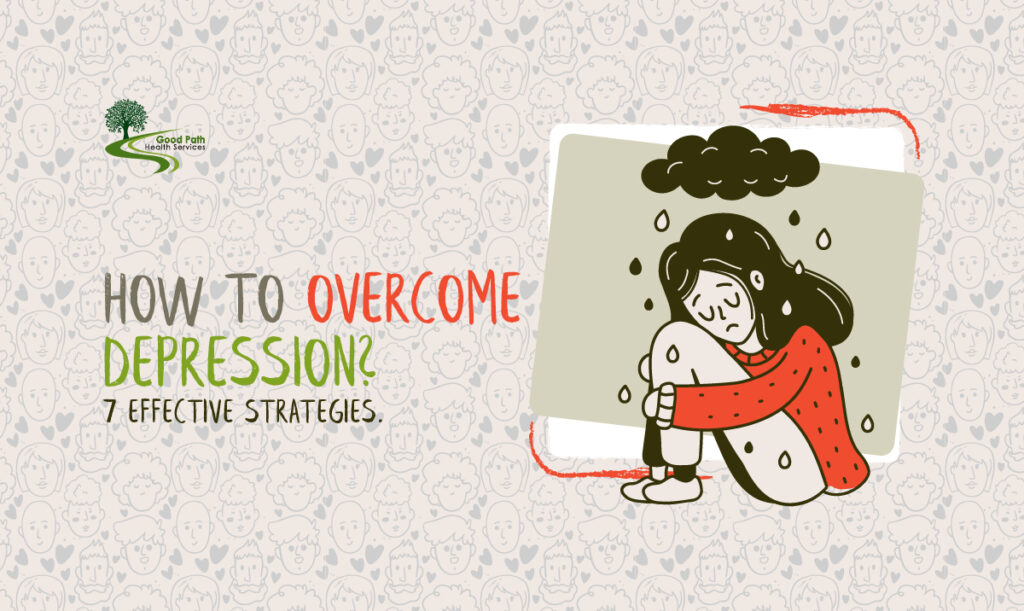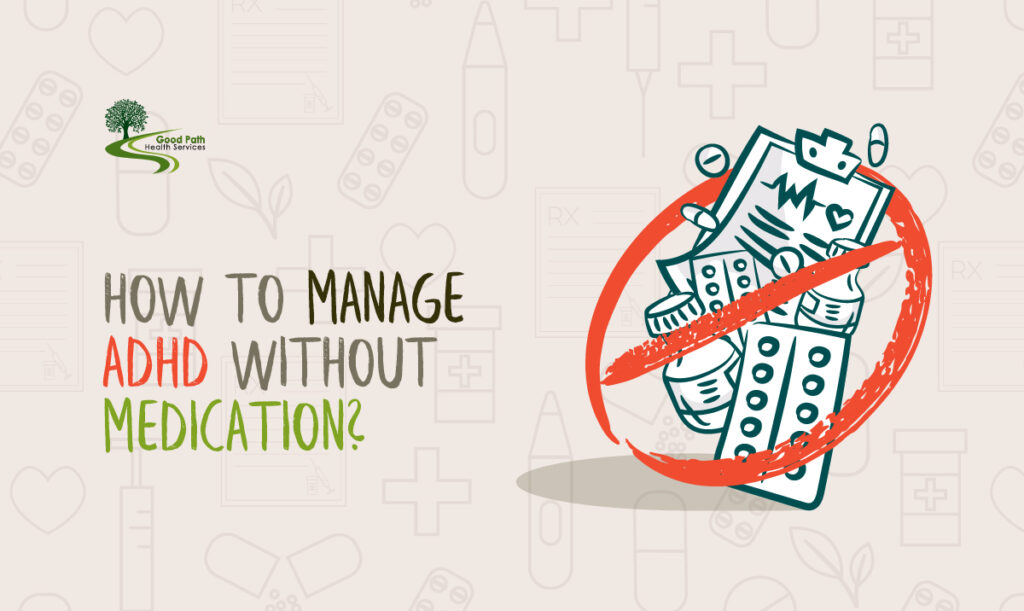
Post-traumatic stress disorder can harm one’s everyday life in many ways.
Unhealed and untreated trauma can also be the cause of PTSD.
In the United States – 70% of adults have experienced at least one traumatic event.
Nearly 20% of them can develop post-traumatic stress disorder.
PTSD can develop from traumatic experiences like:
- Military combat.
- Abuse and domestic violence.
- Sexual assault.
- Experiencing harassment or bullying – including racism, gender discrimination, homophobia, transphobia, and other forms of discrimination.
- Natural disasters.
- Serious accidents.
- Terrorist attacks.
- The loss of a loved one.
Each of these traumatic events is likely to leave lasting scars and imprints, which can subsequently cause one to develop PTSD.
How does this condition affect a person’s ability to build and maintain healthy relationships?
And, perhaps most importantly, how does it affect their mental health?
Let’s talk about a few ways PTSD can affect your daily life and why it is so important to get help for it.
Ways PTSD Can Affect Your Everyday Life
These are the effects of PTSD on daily life:
1. Unease and hypervigilance.
One of the ways PTSD can affect your life is by making you feel constantly anxious and on edge.
The stress response to PTSD can affect the nervous system, which causes a fight-to-flight response – this can result in physiological arousal.
Simple and routine tasks can seem difficult and overwhelming because the mind is always on high alert for possible threats.
Also, there’s a constant need to be on guard – even in safe environments.
This can be draining, both mentally and physically and can cause one to feel agitated and uncomfortable.
2. Intrusive thoughts and memories.
This is often a symptom that people with PTSD experience.
There can be recurring and painful thoughts, flashbacks, vivid memories, or traumatic images that can seep into the person’s consciousness and blur the lines between present and past.
These memories can be triggered by different stimuli – like sounds, smells, or even some situations that remind the person of the devastating experience.
When these intrusive thoughts or memories appear, they can leave a person feeling incredibly disturbed.
Even after they’re gone, that feeling sticks around and makes it hard for one to carry on normally.
3. Avoidant behavior.
PTSD and avoidance are linked.
When reminders of the traumatic events appear, people with PTSD sometimes try to deal with their feelings by avoiding things that bring those memories back.
A person might find themselves stepping back from activities, friends, colleagues, and even their family.
They try to make a space where they feel safe and not get reminded of their pain in any way.
But the thing is, it can make one feel isolated and alienated.
This leaves them with no meaningful connections in their life, and their world feels detached and disconnected in a way.
4. Mood changes and mental health.
PTSD can mess with how you feel as well as how you think.
It can make you have mood swings and can leave you feeling sad, guilty, shameful, or angry without much control.
Sometimes, these feelings point inward and make you feel bad and resentful about yourself like you’re unworthy.
Other times, the feelings can be about the world or other people.
In terms of cognitive functioning, you might have trouble thinking – like having difficulty focusing or remembering things clearly.
5. Poor physical health.
Along with mental health issues, PTSD can also affect your physical health.
It can cause:
- Sleep problems – nightmares and insomnia.
- Unhealthy eating habits, insufficient exercise, and ignoring routine self-care can compromise long-term wellness.
- Physical pain like headaches and muscle aches.
- Gut health issues.
- Angry outbursts.
Does PTSD Go Away?
Most people wonder about this.
The duration of PTSD depends on:
- The extent and severity of the trauma one has been through.
- How long the trauma was endured.
- The way a person’s brain was affected by the trauma.
- And the person’s response to the treatment.
Since PTSD is deeply ingrained in the mind, it can resurface during times of high stress, and there’s a risk of relapse.
The symptoms of PTSD never completely go away, but with ongoing treatment and management, the symptoms can subside for a long time – years even.
Getting the proper support for PTSD is important because only with professional treatment can the symptoms become dormant.
Get Treatment for PTSD
Life does not have to be overtaken by trauma.
Good Path Health Services can help – we provide treatments to help treat PTSD:
- Medication management – to reduce your symptoms and help you heal.
- Psychotherapy and counseling – to listen to you, address your PTSD symptoms, and provide a space for you to talk through and process your experiences.
Consider making an appointment and talking to a compassionate PTSD therapist.
Contact us today to get started.
FAQs
Q.What’s the worst thing to do to someone with PTSD?
A. The worst thing to do is to downplay their feelings or push them to talk about their trauma before they’re ready.
Show support and understanding instead.
Q.Does PTSD make you tired?
A. Yes, it can. Stress and anxiety related to PTSD can disrupt sleep and cause fatigue – this fatigue affects the body and the mind.
Q.What is delayed onset post-traumatic stress disorder?
A. PTSD with delayed onset is when the symptoms show up six months or more after a traumatic event.
It’s important to get help even if they don’t show up immediately after the trauma.
Q.What is a PTSD episode?
A. A PTSD episode is a sudden and intense re-experiencing of a traumatic event.
It can cause flashbacks, feelings of panic, and a sense of overwhelm.
Q.Can a brain scan detect PTSD?
A. No, it can’t be diagnosed by a brain scan, but researchers are studying brain activity patterns related to it.



